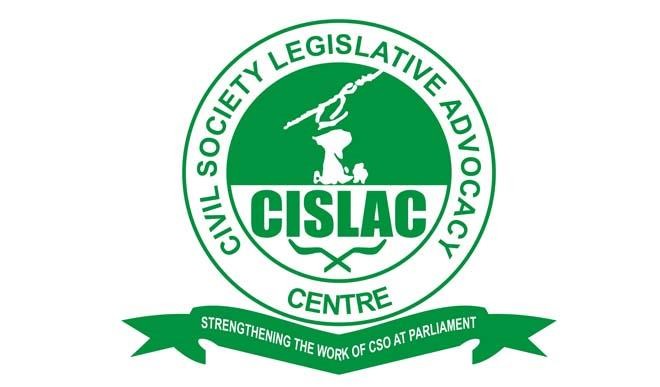The call by some members of the House of Representatives that Nigeria should revert to parliamentary democracy is gaining traction in certain quarters.
The Civil Society Legislative Advocacy Centre (CISLAC) backed the call at the weekend, alleging that Nigerian politicians have so abused the presidential system to a point they now promote “recklessness, impunity and irresponsible spending”.
Sixty (60) members of the House of Representatives led by the Minority Leader, Hon. Kingsley Chinda, opened talks on the issue when on Wednesday, they sponsored three bills seeking a reversal to parliamentary-style democracy, as against the current presidentialism the country started operating with the birth of the Second Republic in 1979.
CISLAC’s Executive Director, Mr Auwal Rafsanjani, in an exclusive interview in Abuja, said Nigeria ran one of the most expensive presidential governments in the whole world, gulping “enormous financial resources by a few politicians and their cronies”.
He noted that what a country like Nigeria needed was a “small-size” government that would spend less on maintaining office-holders and more on providing critical development requirements, “including job creation, wealth and provision of infrastructure.”
Rafsanjani argued that the cost of maintaining the executive and legislative arms of government at both the federal and state levels in Nigeria far outweighed governance itself, “which is what is useful to the people and not the funding of the profligacy of a few individuals in government offices.“
He stated, “The money we spend to run the system is enormous and it outruns the cost of governance itself, which is what is supposed to touch directly on the lives of the people.
“Both at the legislative and executive levels, the cost is overbearing and we have to do everything possible to bring the cost down and reserve money for more developmental aspects like creating wealth, jobs, and infrastructure.
“Spending on a few individuals without commensurate value is what we have to discontinue.
“I totally agree with them that we have to jettison the current presidential system.”
However, CISLAC recommended that in doing so, Nigeria should adopt a parliamentary model that suits its peculiarities and not copy wholesale, the British-styled system.
Rafsanjani explained, “Certainly, we cannot continue with the present system that is promoting more reckless spending, more impunity, and more irresponsibility.
“However, in doing so, we must not return or copy wholesale the UK’s parliamentary system. We have to work out a model that is suitable for Nigeria.
“As a country, we have reached a stage where we must free ourselves from this mentality of copying whatever is happening in the US or in the UK. Let us sit down and see what can work for us based on our peculiarities, based on our resources and based on our understanding as a country.”
Nigeria once experimented with the parliamentary system of government at independence, running from 1960 to 1966 when it was cut short by the dawn of military interregnums.
Incidentally, the 60 lawmakers in the lower chamber of the National Assembly made their proposal the same day the Senate named a 45-member special ad-hoc committee on the alteration of the 1999 Constitution. It is chaired by the Deputy President of the Senate, Senator Barau Jibrin.
The House too is expected to have a similar panel in place for the two chambers to jointly drive the constitution review process.
About N1 billion was provided for the exercise in the N2024 budget.
The President of the Senate, Senator Godswill Akpabio, will inaugurate the Senate’s panel on Tuesday, next week, an event that will have the complement of the participation of speakers of the 36 state Houses of Assembly.
